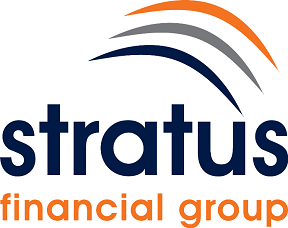Executive share schemes (ESS) can be an effective way to accumulate wealth, however each vesting period gives rise to a number of considerations, each with different consequences.
In Australia and in other countries, the shares awarded under an executive share scheme have a taxing point at the time of vesting to an employee. Regardless of whether you retain the shares, the vesting of shares results in assessable income being realised from an Australian tax perspective which creates an unfunded tax liability. The tax liability means you will have tax to pay at the end of the financial year in which your shares vest. If you have not sold any shares on vesting and the share price later falls significantly, then you could be left without sufficient value to pay the liability. Anyone around during the GFC will appreciate this outcome.
To determine options available for you at the point of vesting, consideration needs to be given to:
- Your overall personal and financial circumstances
- Funding options for the future tax liability
- Total exposure to the shares you hold in the company you work for
- Your view of the future share price
As the vesting of shares is a taxing point, it is crucial to retain relevant documentation to support the establishment of the cost base of the vested shares.
David Pennell is Director at P+Y Accountants and Business Advisors and accounting provider to Resources Unearthed.
“We frequently find clients have not retained adequate documentation with regard to their share scheme, which then involves a costly and timely process to establish historical cost bases. Establishing the cost base is key to understanding the capital gains tax implications of different avenues available to clients”, he said.
The ATO further states, “You must keep records of every transaction, event or circumstance that may be relevant to working out whether you’ve made a capital gain or loss.”[1]
Stratus Financial Group (provider to Resources Unearthed), has systems in place to capture and record the relevant information for the recording and maintenance of accurate cost base information at each vesting. This then allows us to advise clients, knowing the implications of the options available.
Brett Cribb is founder of Resources Unearthed and Director and Principal at Stratus Financial Group.
“Executive share schemes require specialist advice. We find that clients who receive advice from specialist professionals are able to better understand the options available to them in a more accurate manner and plan accordingly”, he said.
Additional complications and considerations affect clients working overseas or on secondment in a foreign country. You may be subject to tax across multiple tax jurisdictions and the implications of shares vesting and the available options will depend on your specific circumstances. For our clients in these situations, Resources Unearthed works with specialist tax professionals in Australia and any foreign jurisdictions that are applicable to their situation.
For more information about the implications of your executive share scheme vesting, or to arrange a complimentary and obligation-free consultation, please contact Brett Cribb on (07) 3007 2007 or bcribb@stratusfinancialgroup.com.au
Stratus Financial Group and its advisers are Authorised Representatives of Fortnum Private Wealth ABN 54 139 889 535 AFSL 357306. This information does not consider your personal circumstances and is of a general nature only. You should not act on it without first obtaining professional financial advice specific to your circumstances.
[1] Record keeping for CGT, accessed 8 Feb 2018 at https://www.ato.gov.au/General/Capital-gains-tax/Acquiring-assets-and-keeping-records/Record-keeping-for-CGT/







